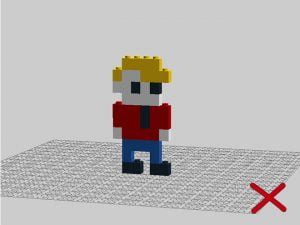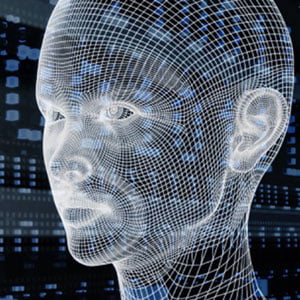LEGO and the digital mind
In a previous post, I argued that LEGO, when it consisted mostly of simple bricks, was a superior creative tool for a child than more modern LEGO with its complex pieces. I have come to a more nuanced conclusion: that though classical LEGO promotes one kind of creativity, it may do so at the expense of other kinds
Galactic Vertigo
When I gaze up at a starry night sky, struggle as I might, I am unable to see it as other than a great dome patterned with stars. In spite of the knowledge that I have that what I am looking at is a large portion of the universe, and that each prick of light is a sun or a nebula or a galaxy a vast distance away, I still see the same curving ceiling …
the intelligence trap
Many believe that human intelligence has escaped the gravity well of ‘animal stupidity’, and that now we roam an unlimited space of thought where everything must eventually come within our understanding. Beneath this belief lies another: that humans are set apart from other animals – an idea that may be an expression of species neuroticism, and that finds its clearest expression in many religions. This special pleading has been eroded by the discoveries of science, …
the human virtuality
The greatest danger facing the human race seems to me to be how our collective ‘idea’ of what the world is is progressively moving away from what the world actually is. Without wanting to open up the whole can of worms that is the ‘mind-body problem‘, I think it is not too contentious to state: that the impression we have within each of us of the ‘world’ is only an approximation of that world. After …
why driving on the left may be safer
The world is divided into those who drive on the left, and those who drive on the right, apparently in a proportion of one third to two thirds. Although surely it would be more convenient if we all drove on the same side, the choice, made in the past, to go for one or the other, has now been carved into the landscape and could not easily be changed. Does this difference matter? Certainly it …
grasp…
T’ai Chi taught me many things but perhaps nothing quite as useful as the unlearning of the reflex to grasp. This reflex – to grab hold of something, most often with the dominant hand – becomes a liability in any kind of fight. One problem is that it focuses the mind on the grasping hand: thus focused, the mind loses the ability to see ‘the bigger picture’. Another is that an attempt to grab some …
orthogonality revisited…
I have come to realize that a seeking after ‘orthogonality’ is a warning sign that I am slipping into the comfort of relying on a dominant trait in my personality. Having read Iain McGilchrist’s book The Master and His Emissary I have become somewhat convinced that this dominant trait is actually an over-reliance on the left hemisphere of my brain. As such this becomes not only about me, but about a very large number of …









